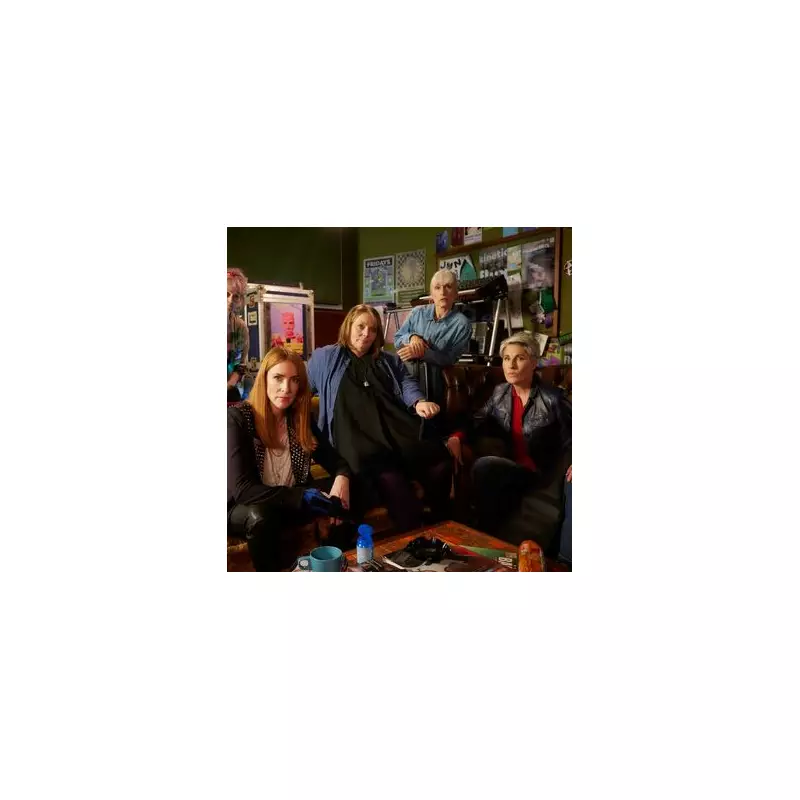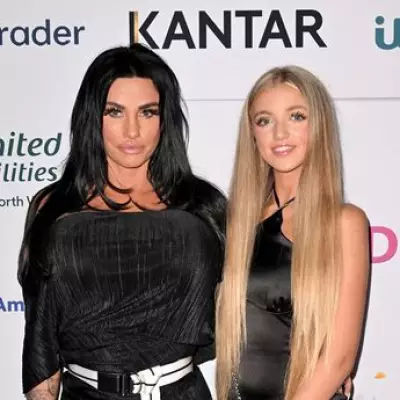
BBC One's latest period drama 'Riot Women' has ignited a firestorm of criticism from disappointed viewers who claim the show has sacrificed historical accuracy for modern political messaging.
The series, which premiered on Sunday night, purports to tell the story of women's involvement in historical protests but has been widely condemned for its heavy-handed feminist narrative and perceived distortion of actual events.
Social Media Erupts with Criticism
Within hours of broadcast, social media platforms became flooded with negative reactions from audience members. One frustrated viewer captured the prevailing sentiment, writing: 'Another piece of history rewritten to suit a woke agenda. The BBC should be ashamed of this patronising nonsense.'
Another commented: 'Tuned in hoping for genuine historical drama, got modern feminist lecture instead. When will the BBC learn we want storytelling, not slogans?'
Authenticity Questions Arise
Many viewers expressed particular disappointment with the programme's lack of period authenticity, noting that characters spoke and behaved in ways that felt completely anachronistic to the era being portrayed.
'The dialogue sounds like it was written by a 21st century university gender studies department, not people actually living through historical events,' remarked one historical drama enthusiast.
Broader Pattern of BBC Programming
This controversy comes amid growing concerns about the direction of BBC's historical programming. Critics argue that the broadcaster is increasingly prioritising contemporary political messaging over factual storytelling and entertainment value.
The intensity of the backlash suggests that 'Riot Women' may have crossed a line for many license fee payers who feel their expectations for quality historical drama have been severely disappointed.
As the debate continues to rage online, questions remain about whether the BBC will respond to the criticism or continue with its current approach to historical storytelling.






